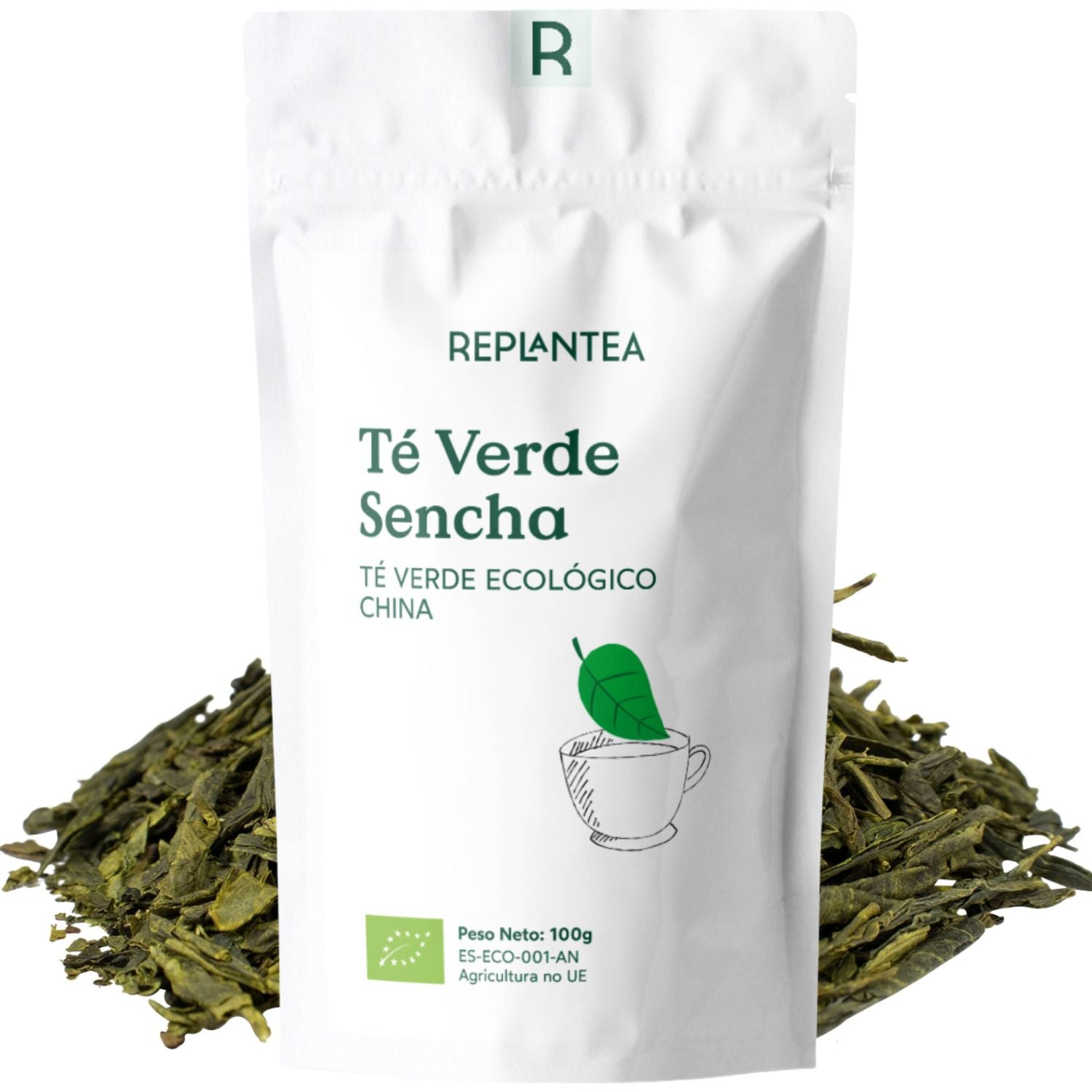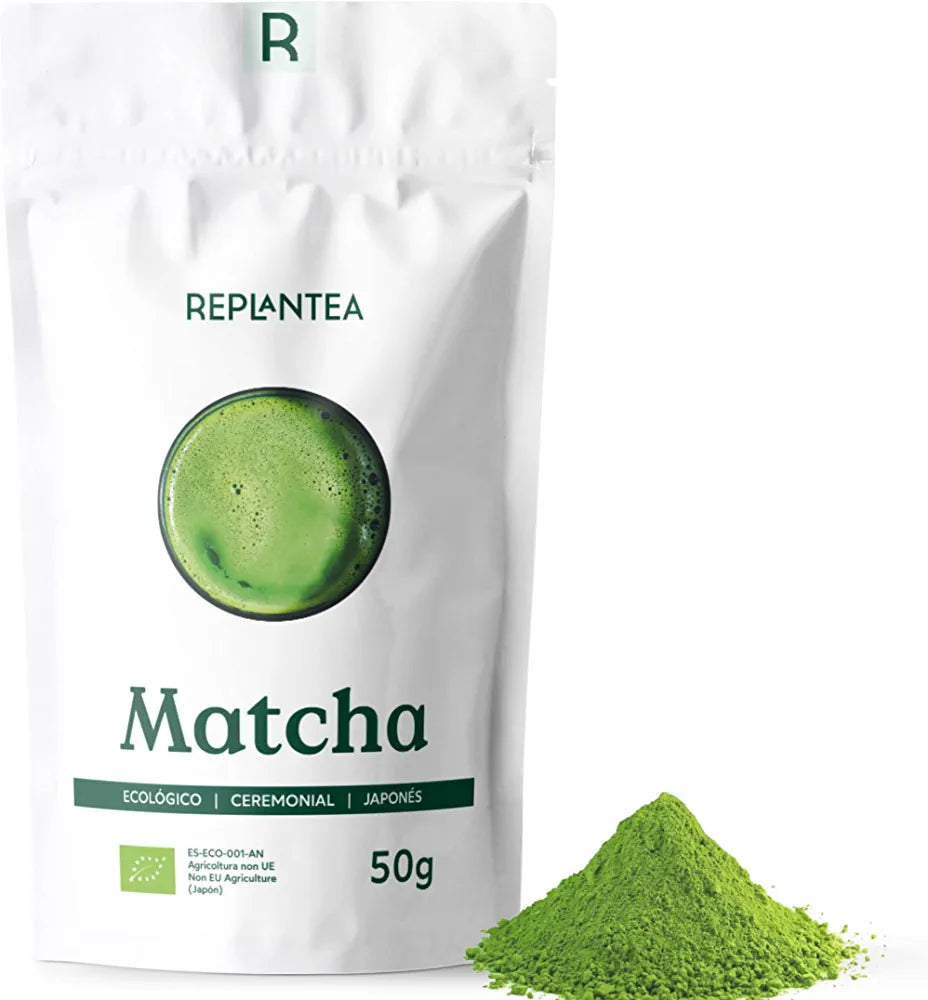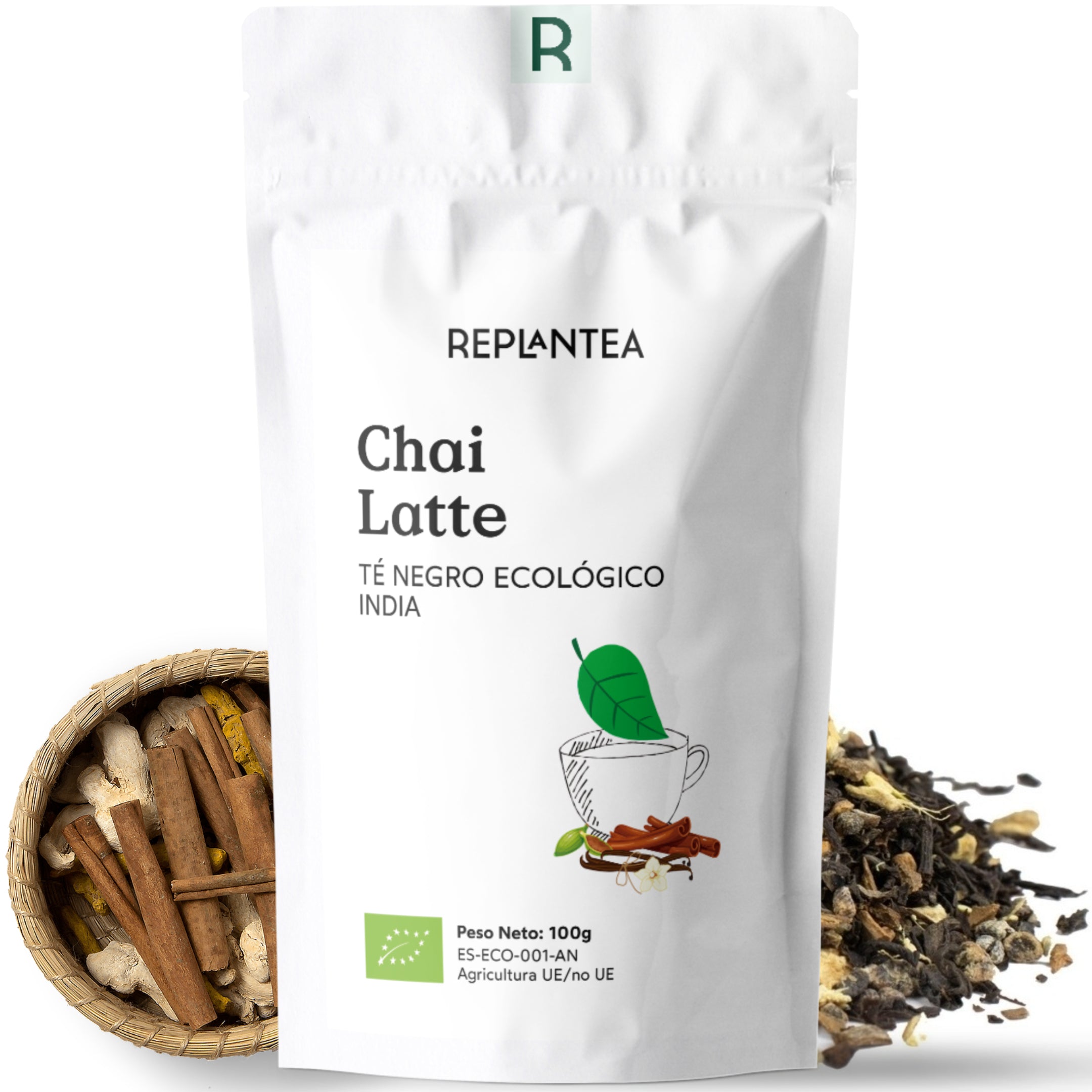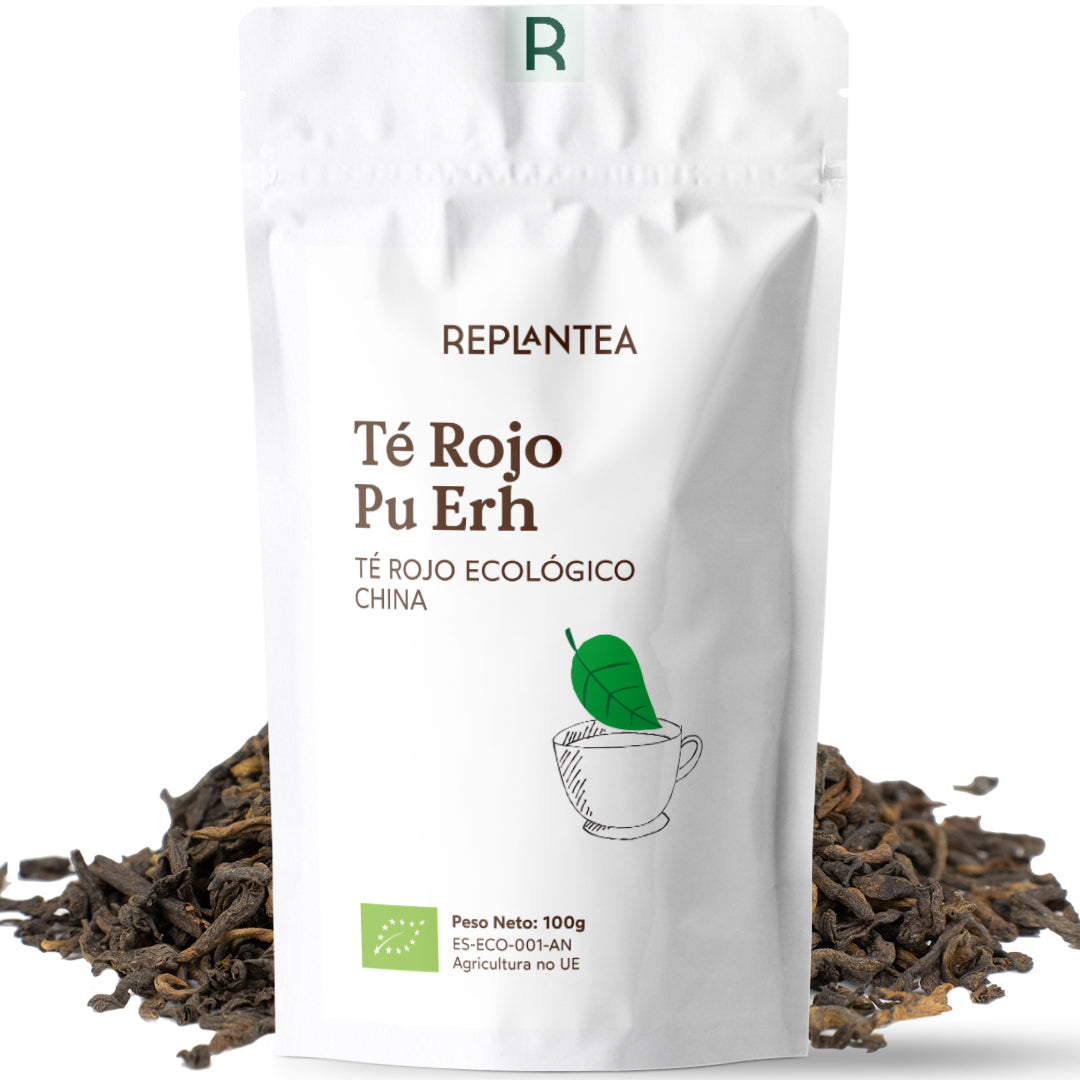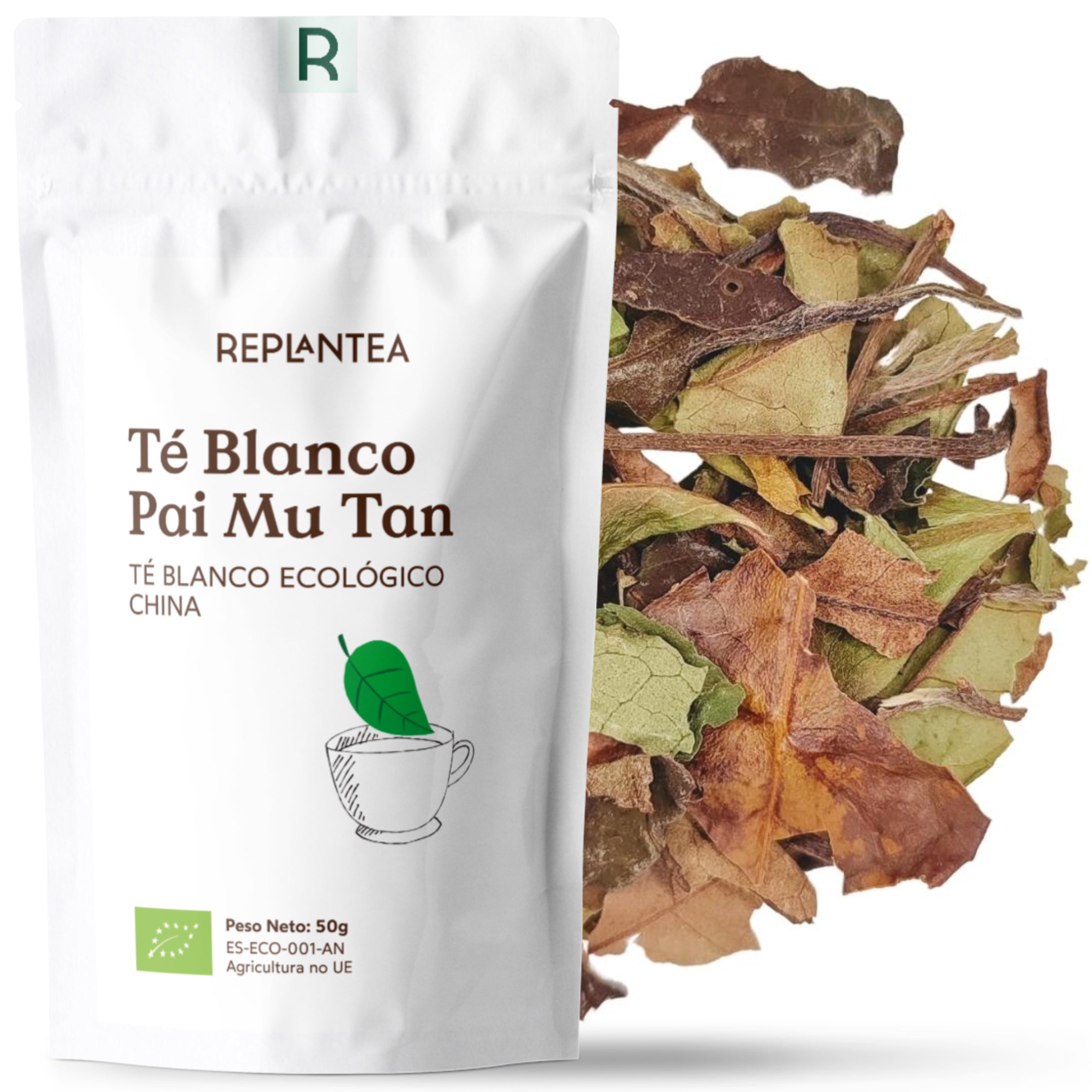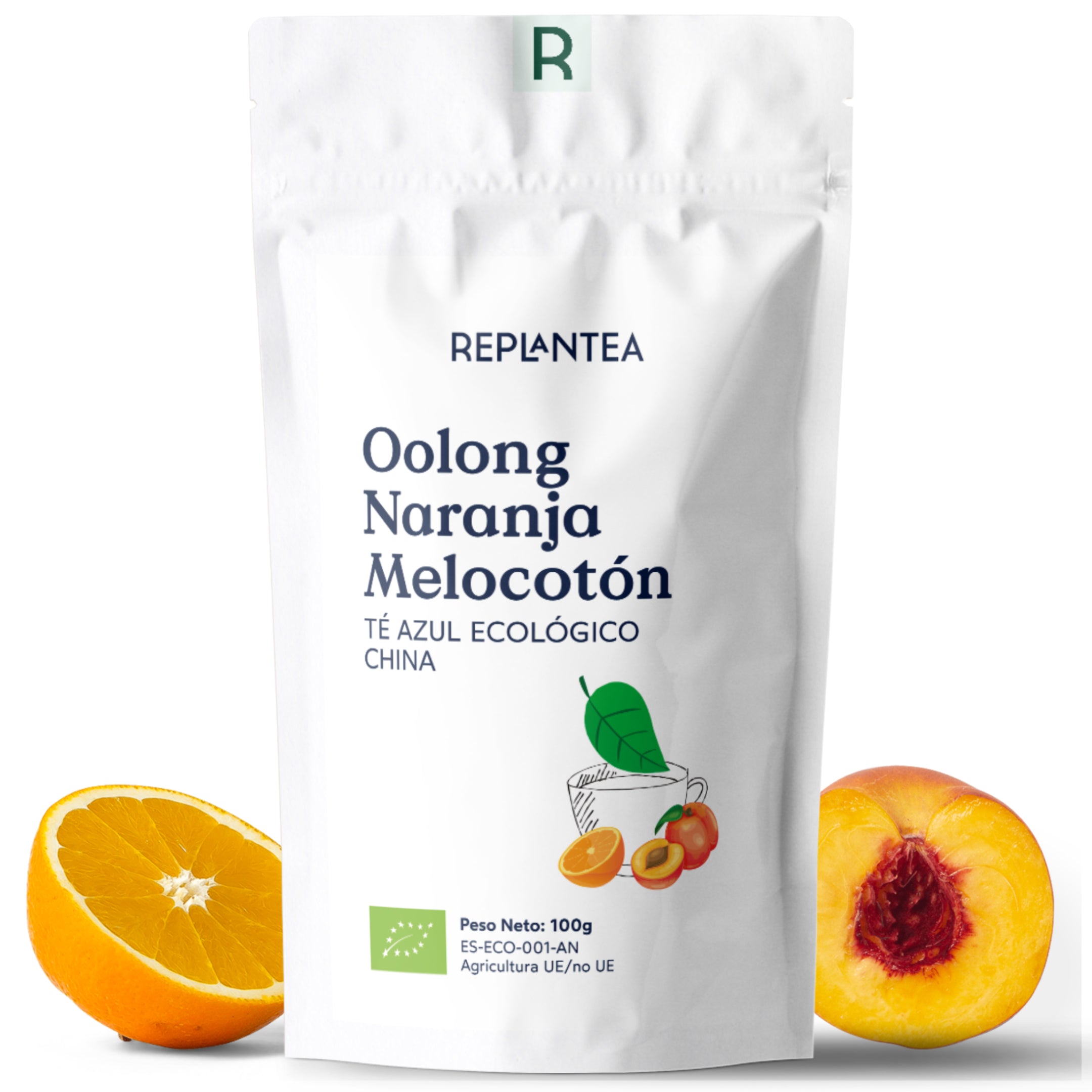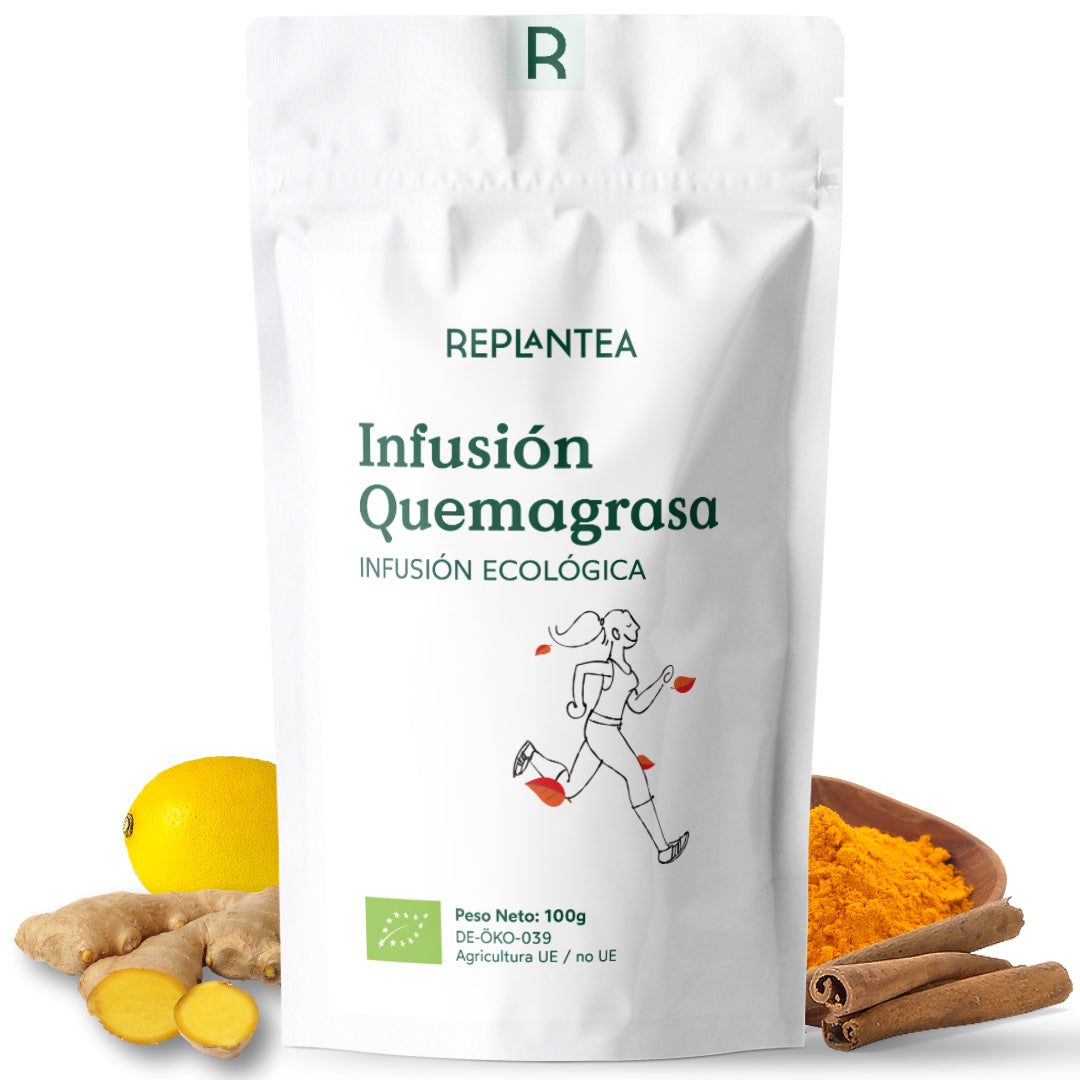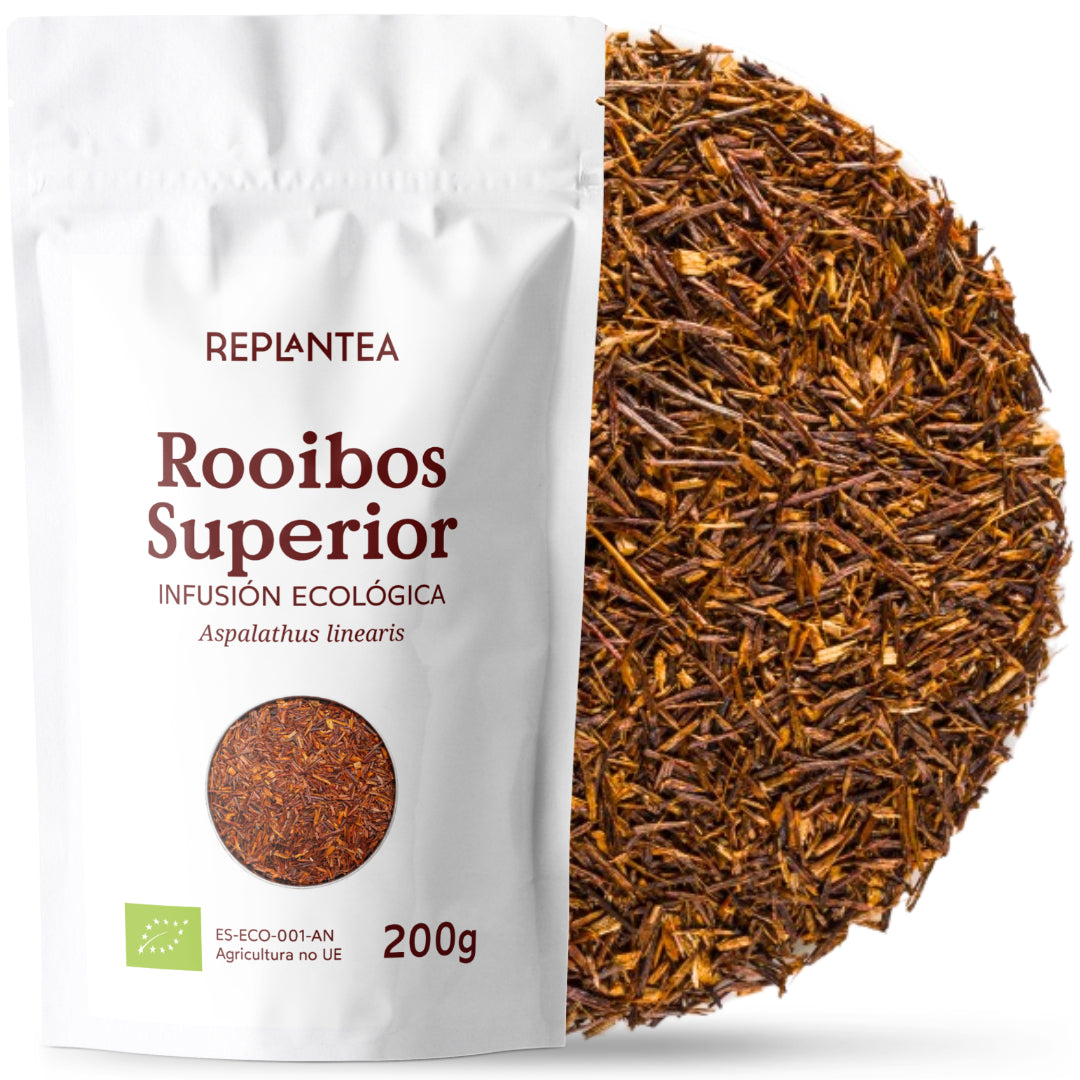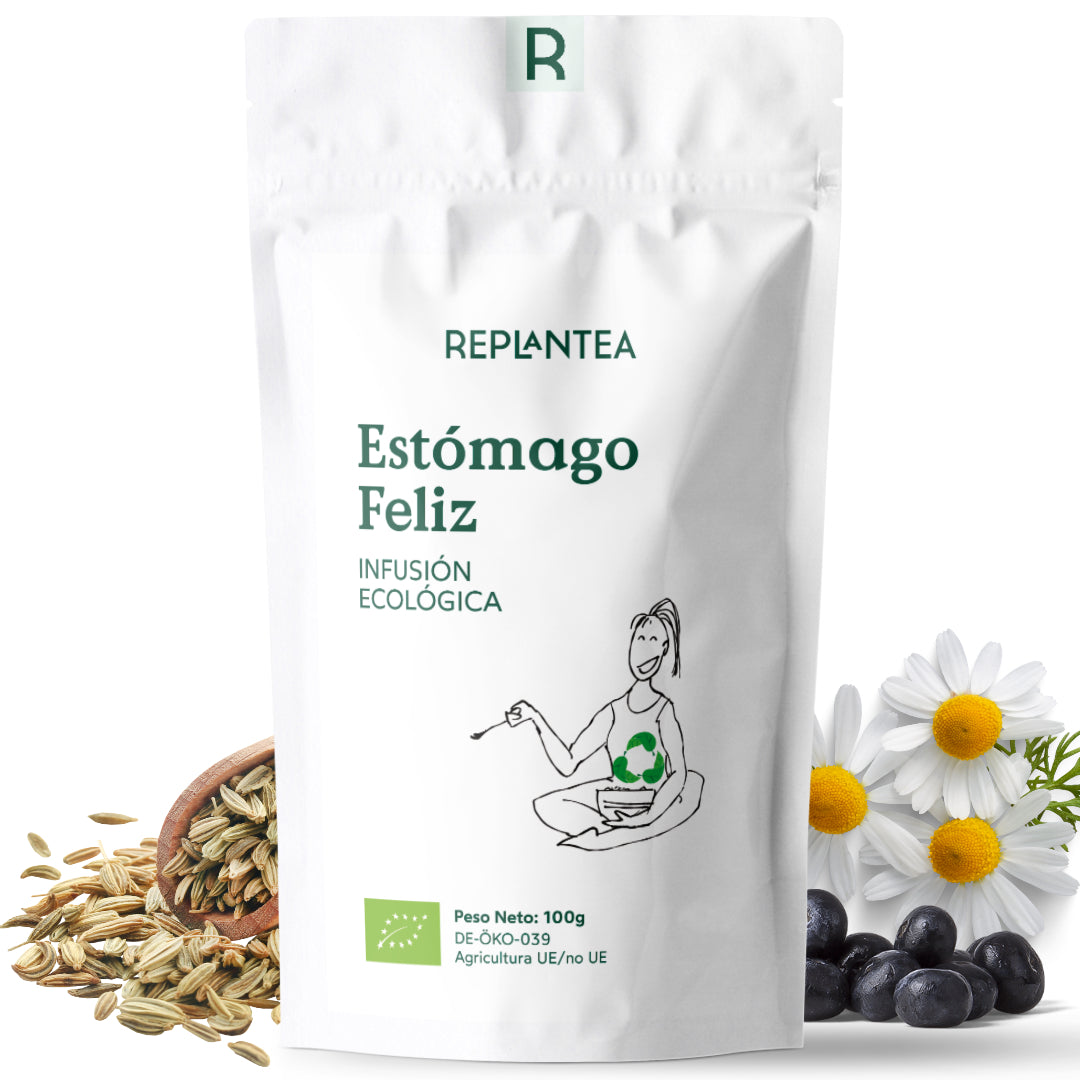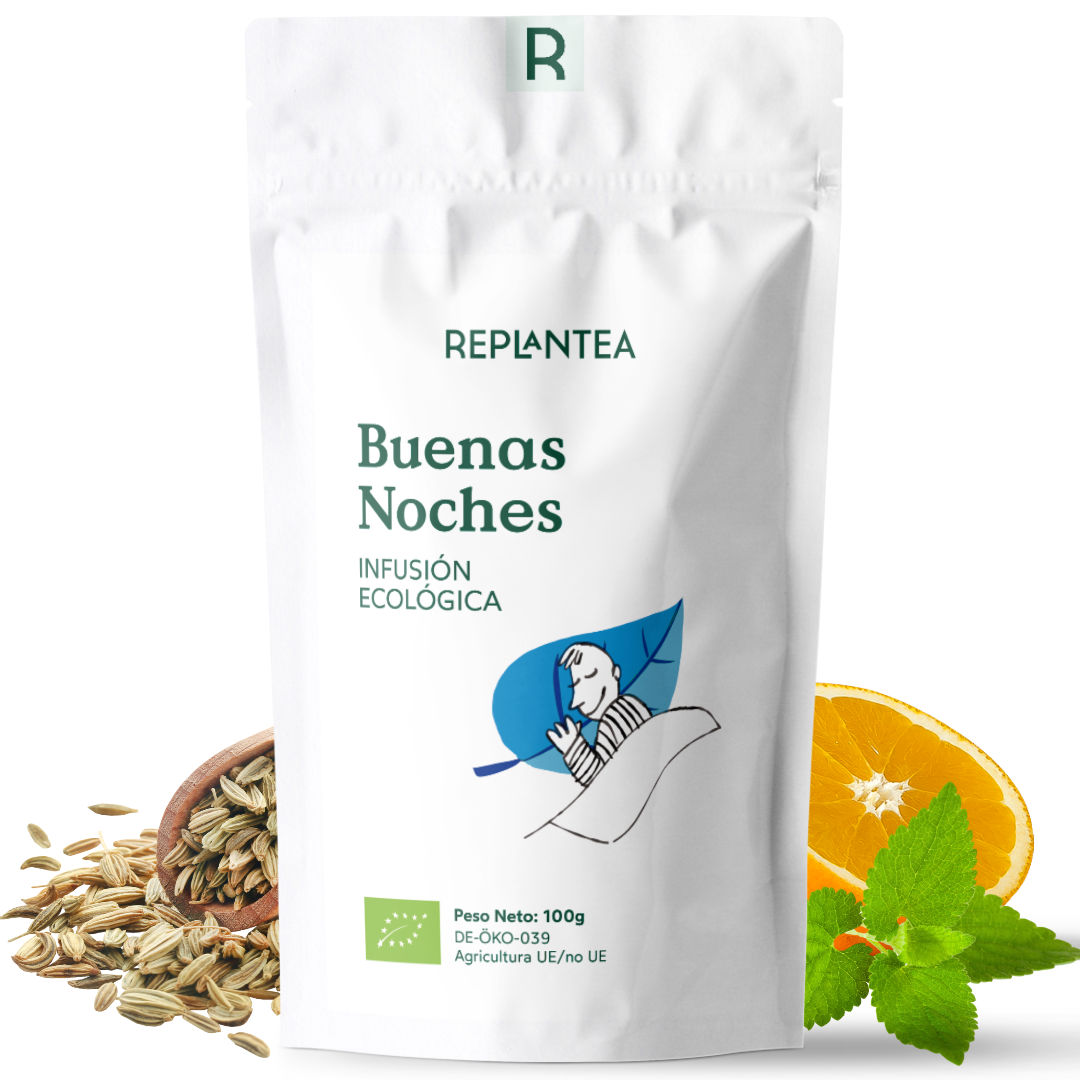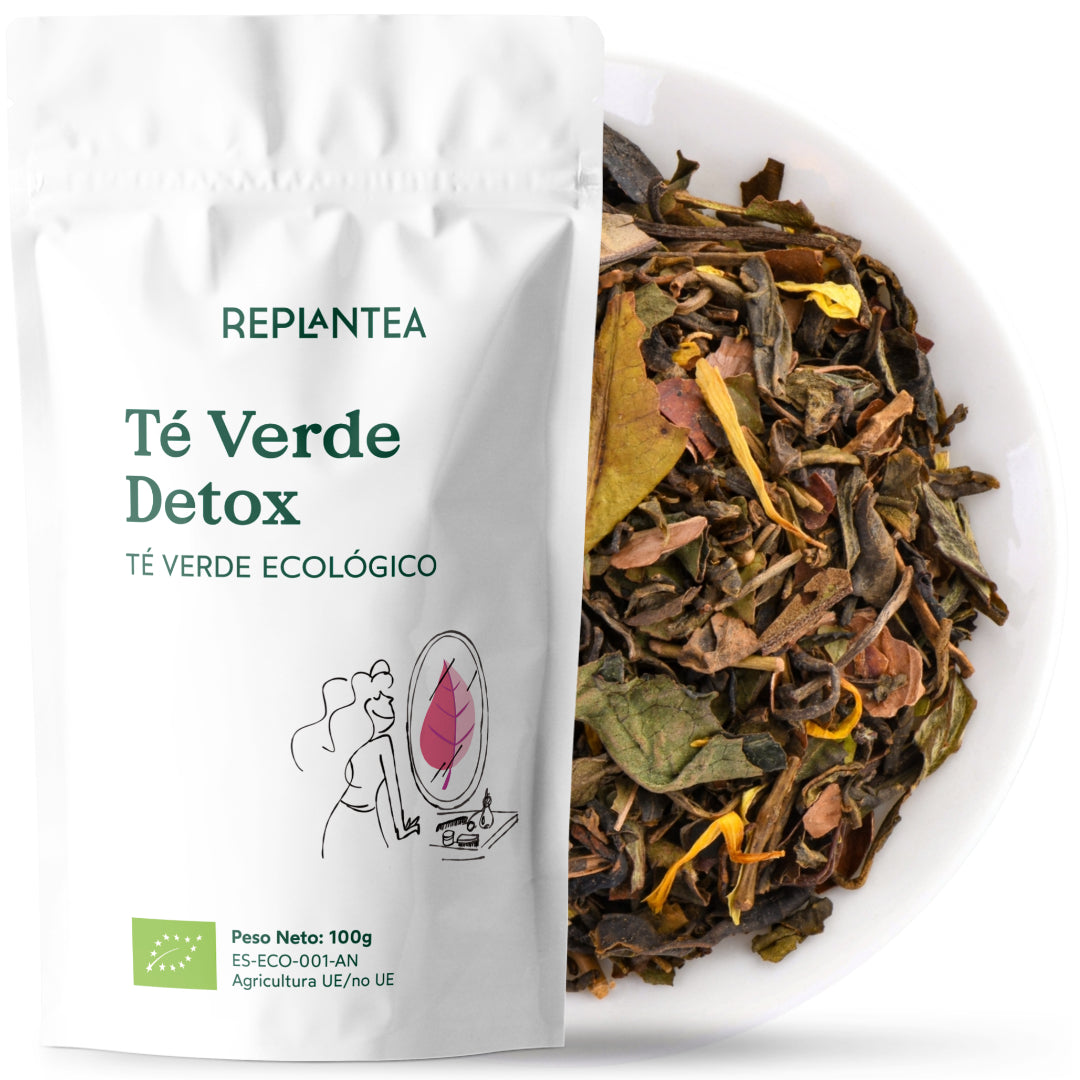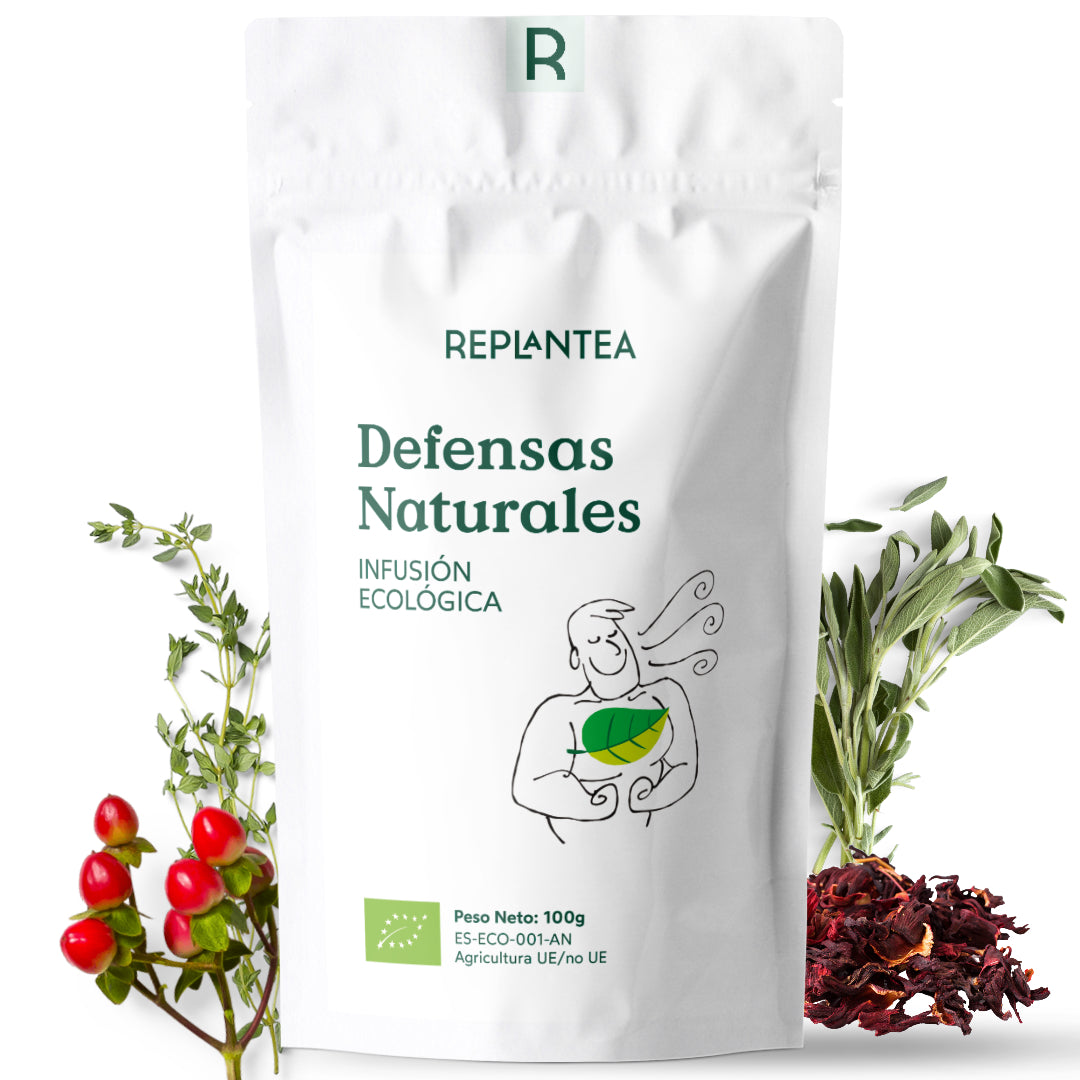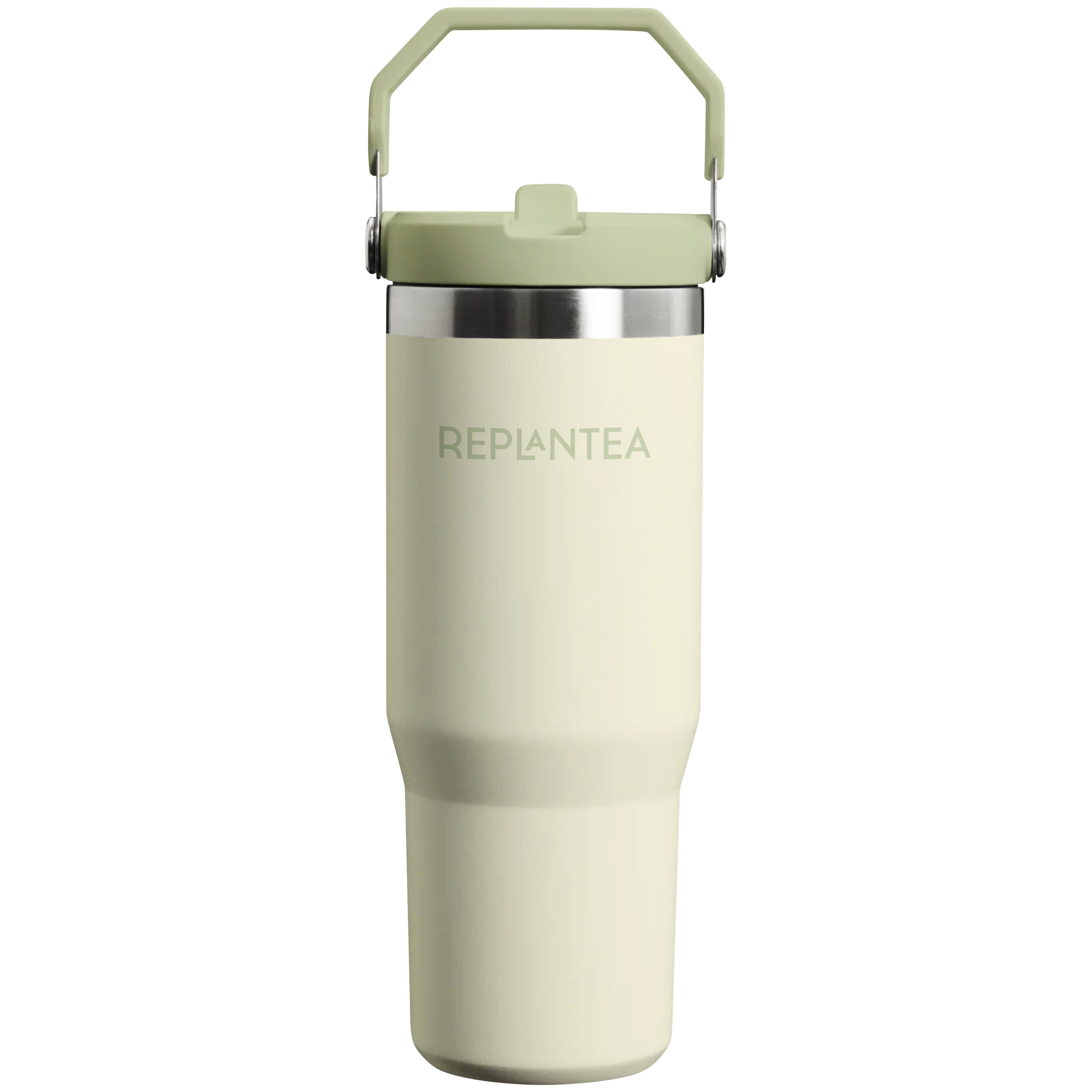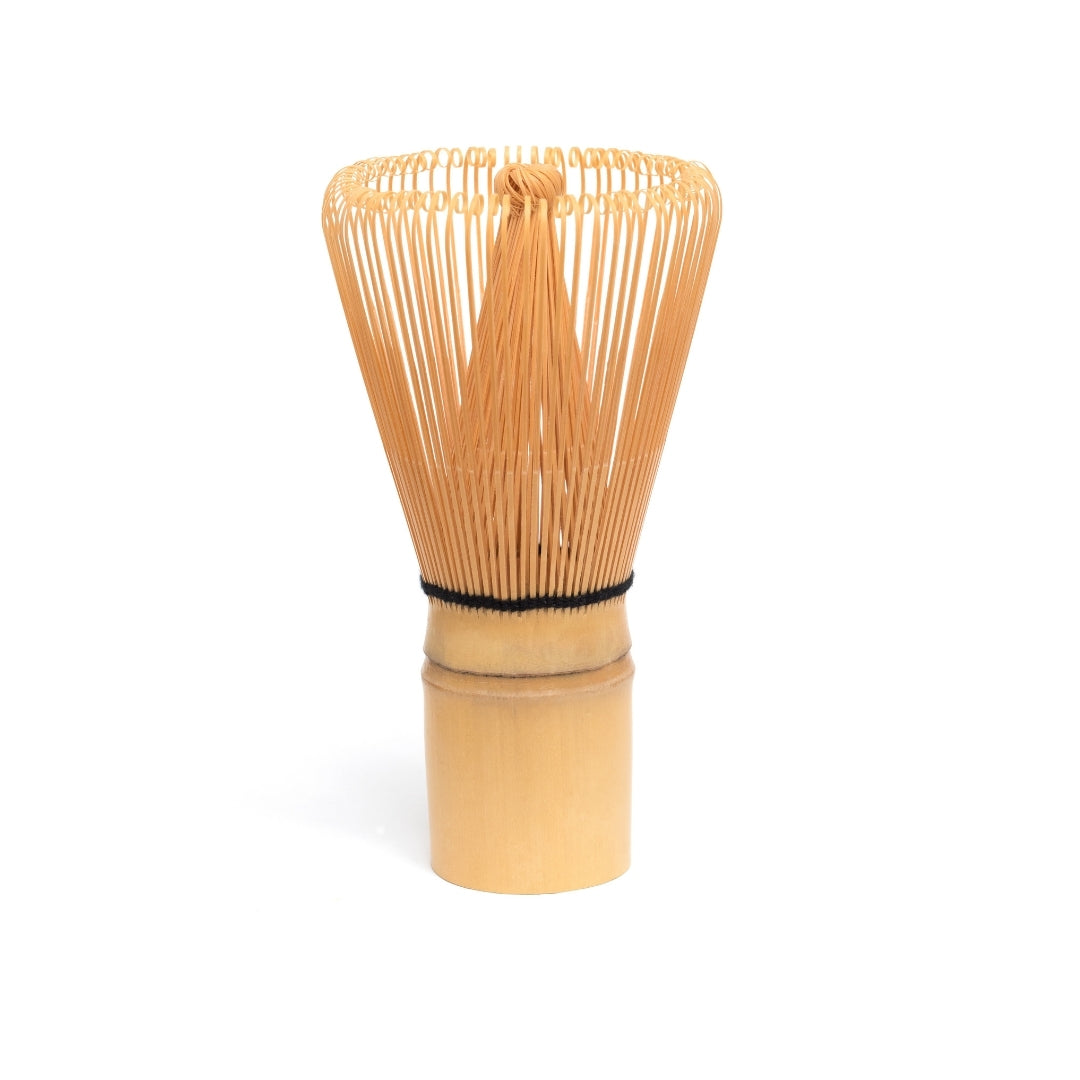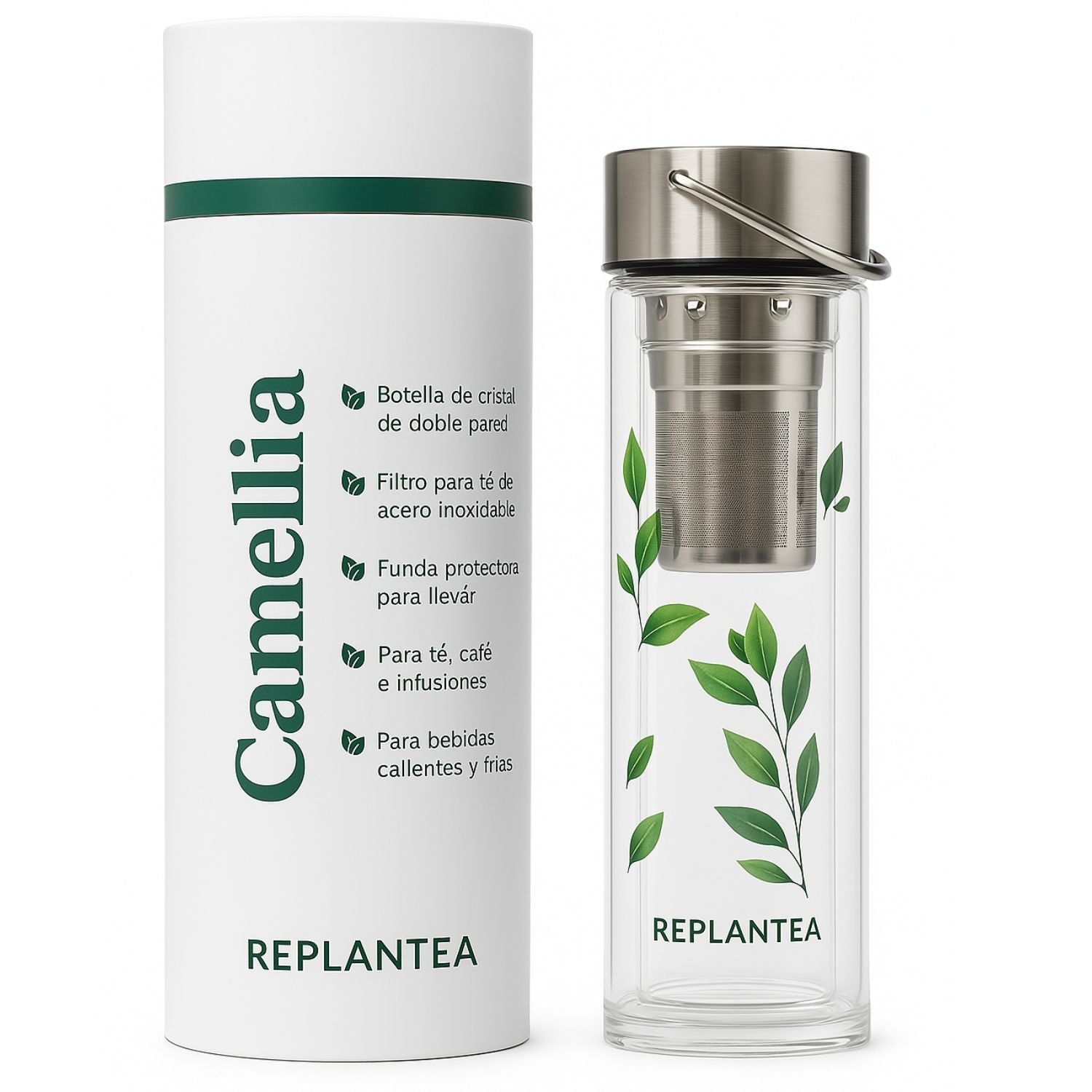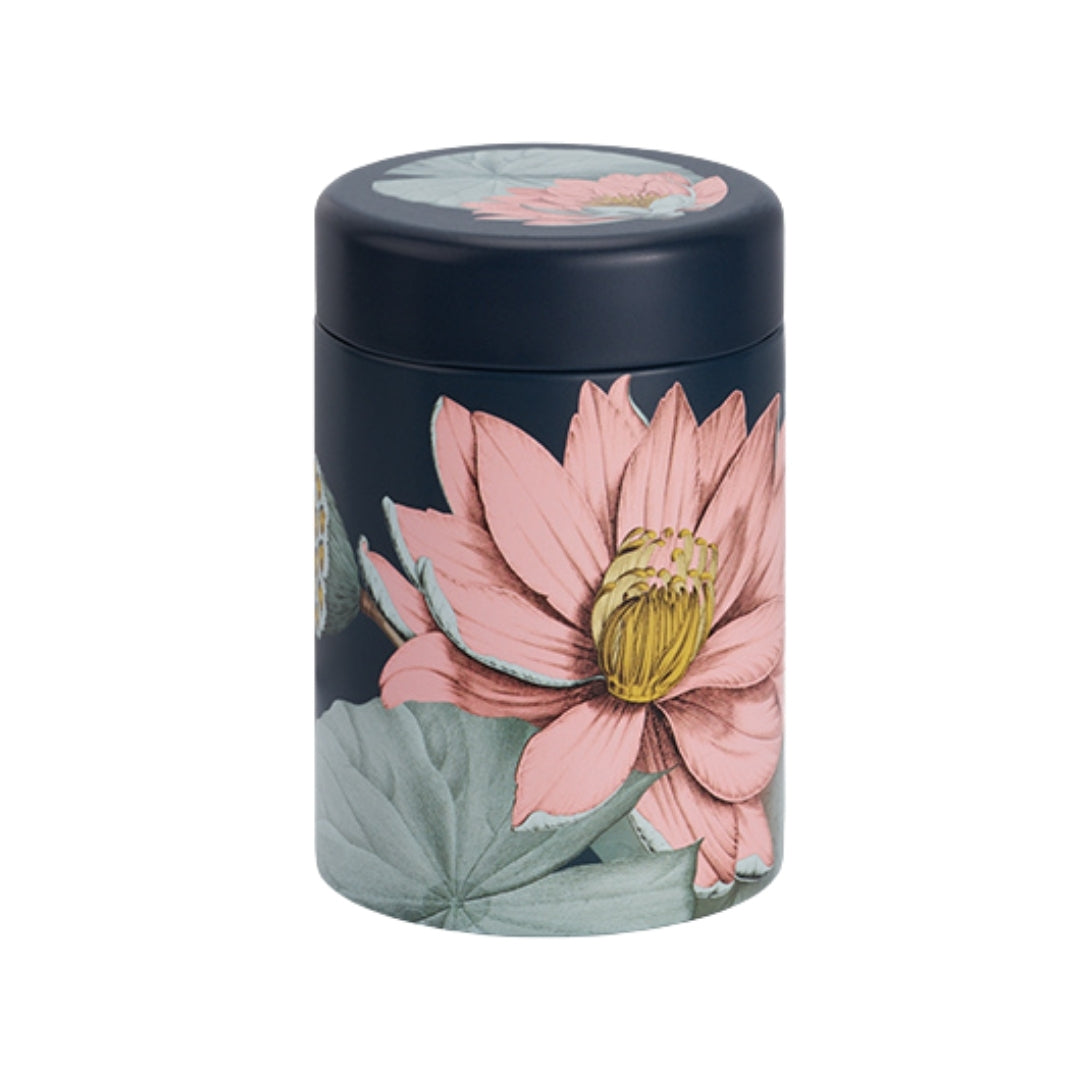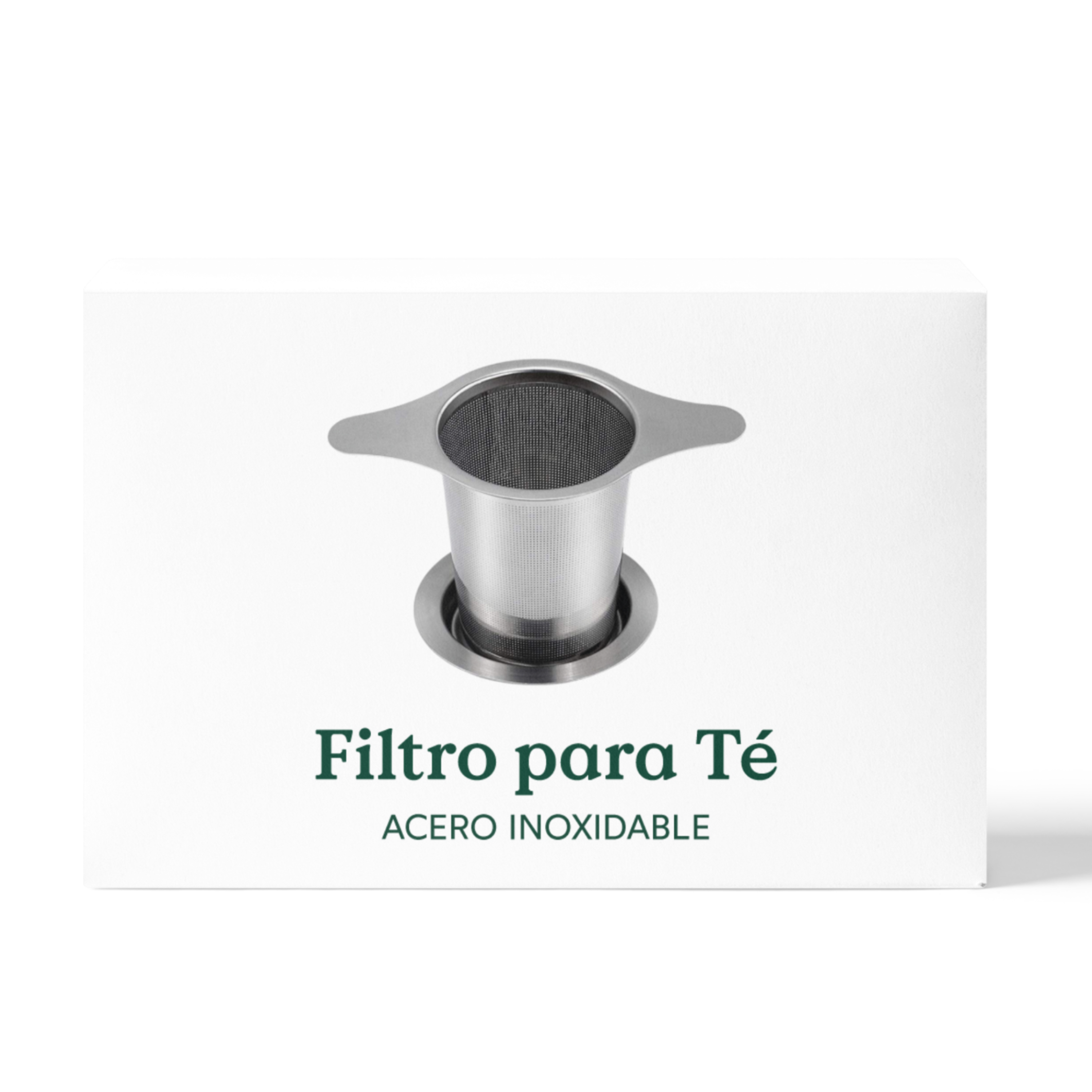
7 Digestive Infusions for Stomach Pain
When you have a stomach ache, drinking a cup of hot tea or a digestive infusion is the quickest, easiest and most natural way to relieve your symptoms .
However, it's important to know the different properties and benefits of different teas and herbs to know which one is right for you.
In this article, I'll tell you which teas and infusions have proven to be the most effective to drink when you have stomach pain, constipation, nausea, or heartburn:
7 Digestive Infusions for Stomach Pain
These are the infusions that can help you feel better and relieve stomach pain:
1. Mint infusions
Mint infusions and teas are a common choice for those with an upset stomach.
Various studies show that peppermint relaxes intestinal muscles, helping to relieve stomach pain. Another study conducted on a sample of 1,927 people showed that peppermint oil reduced the duration, frequency, and intensity of stomach pain.
This is because mint contains menthol, a compound with analgesic, sedative, and antibacterial properties. Mint infusion has also been shown to be effective in treating nausea and bad breath.
Summary
Drinking mint infusions or teas can help treat stomach pain, nausea, and bad breath.
2. Ginger infusions
Ginger is a root that can be truly beneficial for treating digestive problems such as nausea, cramps, and indigestion. Ginger's health benefits have been known for thousands of years.
Taking ginger as an infusion warms and comforts the entire body, helping to renew blood circulation.
According to one study, ginger helps prevent morning sickness in pregnant women. Other medical studies have indicated that ginger can reduce gas, bloating, and cramps, and that it helps regulate the digestive process.
Summary
Ginger tea helps treat a wide variety of digestive problems, including nausea, gas, bloating, and cramps.
3. Fennel infusions
Fennel, Foeniculum vulgare, is a plant from the carrot family, native to the Mediterranean. Fennel infusions were already known in ancient Greece for their healing properties in treating digestive disorders.
Today, thanks to science, we know that the Greeks were right, and we use fennel to treat stomach pain, constipation, gas, and diarrhea naturally.
A study found that fennel can block the growth of several stomach-harming bacteria , such as E. coli.
Other studies have shown that fennel promotes digestive regularity by stimulating enzyme secretion, calming the digestive tract, and relieving constipation.
Summary
Fennel has been shown to help prevent stomach ulcers, relieve constipation, and reduce stomach upset.
4. Chamomile infusions
Chamomile is a plant from the Astaraceae family, which also includes sunflowers and chrysanthemums. The chamomile flower is used as an ingredient in infusions and extracts.
Chamomile tea is known for reducing anxiety and helping you sleep , but it also has properties to soothe stomach pain and other digestive disorders.
One of chamomile's most studied properties is its effectiveness in preventing heartburn and acid reflux . This is due to its soothing effects.
Other studies have shown that chamomile prevents other stomach problems, such as vomiting and diarrhea.
Summary
Chamomile tea can help improve symptoms caused by heartburn and acid reflux. It also relieves vomiting and diarrhea.
5. Red Tea
Also known as Pu Erh, red tea is a type of tea native to southern China that belongs to the family of aged or fermented teas. Like other teas, it is made from the leaves of the Camellia sinensis plant.
The properties of red tea make it ideal for drinking after heavy or fatty meals, as this tea is able to speed up their digestion .
In addition, red tea helps with weight loss and reduces blood sugar and triglyceride levels.
Summary
Red tea helps digest heavy meals by speeding up digestion and preventing the absorption of fats.
6. Chai Tea
Chai tea is a tea of Indian origin that blends Assam black tea with various spices such as ginger, cardamom, cinnamon, and vanilla. It is typically infused with hot milk instead of water.
Although it is a relatively new beverage in the West, in India chai tea is considered a medicinal drink , consumed after meals to aid digestion and create a feeling of well-being.
Because it contains ginger, chai tea shares some of its digestive properties, such as its ability to reduce nausea. The cinnamon, cloves, and cardamom present in chai tea have antibacterial properties that help prevent digestive problems caused by infections.
Finally, chai tea also contains black pepper, which is able to increase the levels of digestive enzymes needed to properly break down food and digest it optimally.
Summary
The spices in chai tea reduce nausea, prevent bacterial infections in the stomach, and speed up digestion.
7. Green Tea
Green tea is known for its many health benefits, for being a great source of antioxidants and for boosting our metabolism. But this tea is also a natural remedy for various digestive disorders .
It has traditionally been used in Chinese medicine to treat diarrhea and infections caused by the bacteria Helicobacter pylori .
Several studies have shown that green tea is effective in treating stomach ulcers, which can lead to problems such as stomach pain, indigestion, and gas.
In any case, we recommend drinking no more than two or three cups of green tea a day, as its caffeine content could be counterproductive and cause side effects such as nausea and stomach upset.
Summary
Green tea reduces diarrhea and symptoms caused by stomach infections.
Sources
- KHAN, R., NAZ, S., NIKOUSEFAT, Z., TUFARELLI, V., JAVDANI, M., QURESHI, M., & LAUDADIO, V. (2012). Potential applications of ginger (Zingiber officinale) in poultry diets. World's Poultry Science Journal, 68 (2), 245-252.
- Ernst, E. (2007). Herbal remedies for depression and anxiety . Advances in Psychiatric Treatment, 13 (4), 312-316.
- Teruki Aizawa, Ayaka Yamamoto, Tomoya Ueno, Effect of oral theaflavin administration on body weight, fat, and muscle in healthy subjects : a randomized pilot study, Bioscience, Biotechnology, and Biochemistry , Volume 81, Issue 2, 1 February 2017, Pages 311–315.
- (2006) Antifungal Activity of the Essential Oil of Mentha . x peppermint ., Pharmaceutical Biology, 44:7, 511-515.
- (1999) Antibacterial Activity of Jordanian Medicinal Plants , Pharmaceutical Biology, 37:3, 196-201
Share

